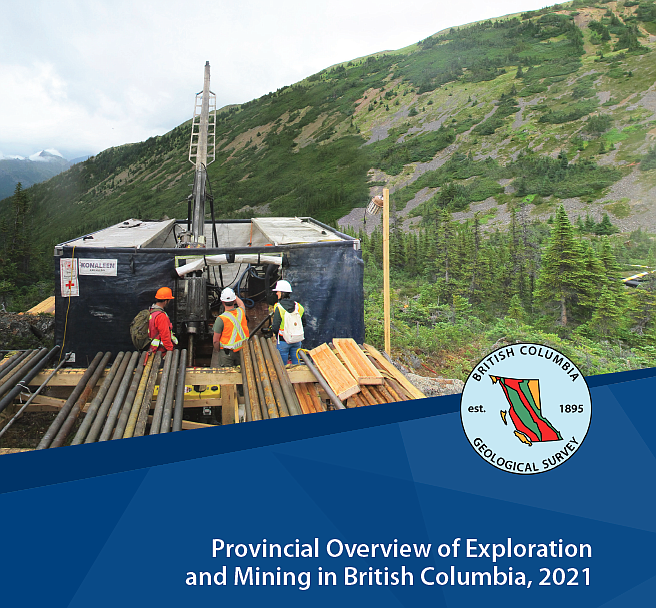Tribes seek U.S. help to curb Canadian mining threats to Northwestern states
Indigenous leaders from the Northwest renewed their call this week for the federal government to pressure Canada to stop additional mining activity in British Columbia, which they say contaminates waters and threatens Native American ways of life in Alaska, Montana and Idaho.
As British Columbia plans to expand its profitable coal, copper and gold mining industry, Indigenous representatives met in Washington, D...
Become a Subscriber!
You have read all of your free articles this month. Select a plan below to start your subscription today.
Already a subscriber? Login



